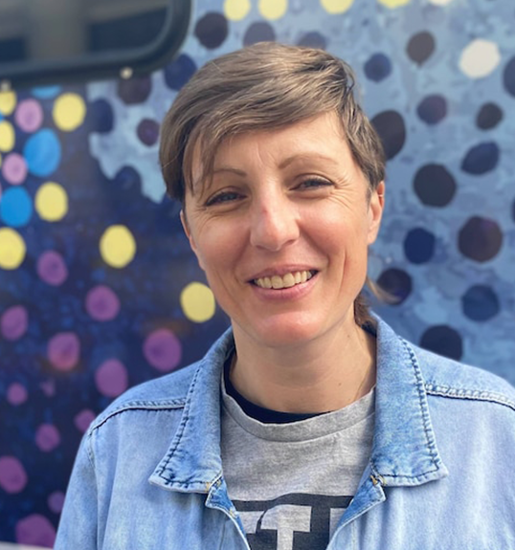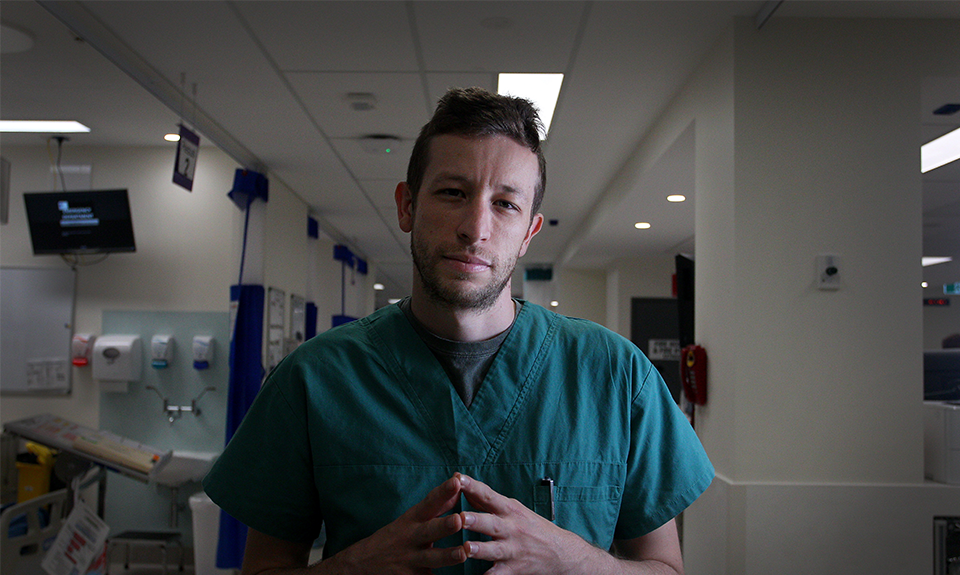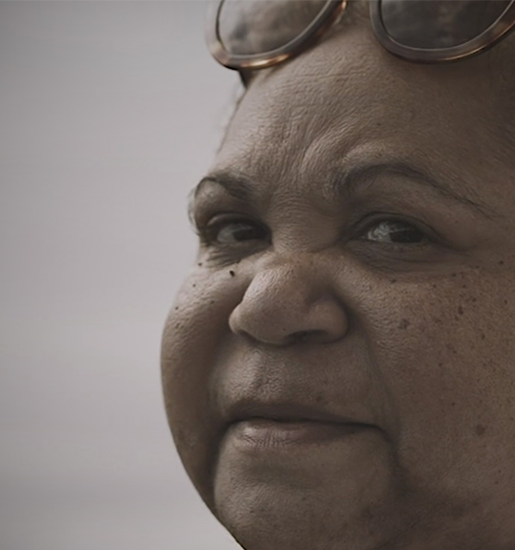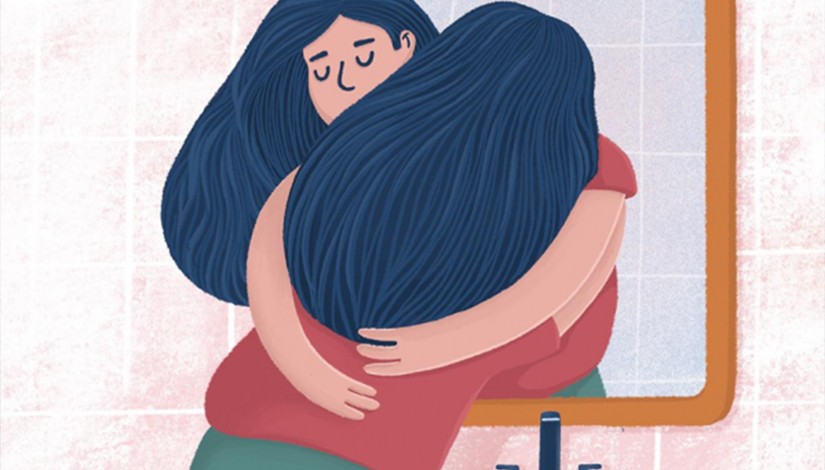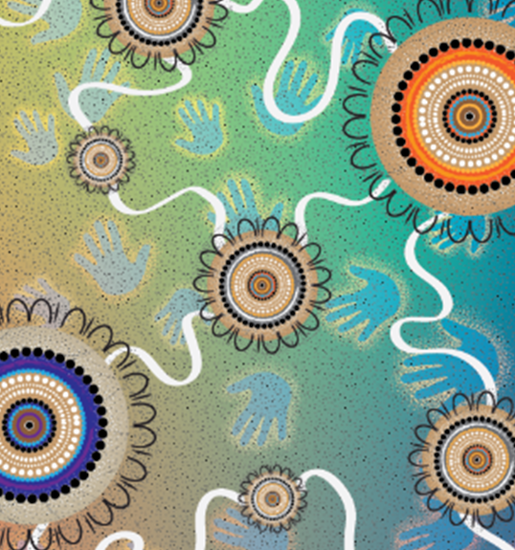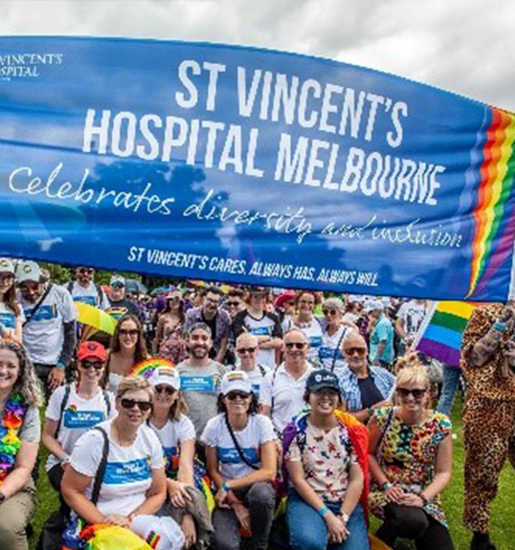Stayin’ In, Stayin’ Deadly
The Stayin’ In, Stayin’ Deadly project aimed to improve the quality of care for Aboriginal and Torres Strait Islander patients presenting to Sydney ED department.
Inclusive Health funds were allocated as seed funding for a Doctor, Aboriginal Health Worker and other associated costs to develop new, innovative and inclusive model of care. This innovative approach reduced wait times, left-not seen rates and has subsequently been adopted as normal practice. We are proud that this project was recognised in the NSW Health’s Excellence in Aboriginal Health Care Award in 2022.
